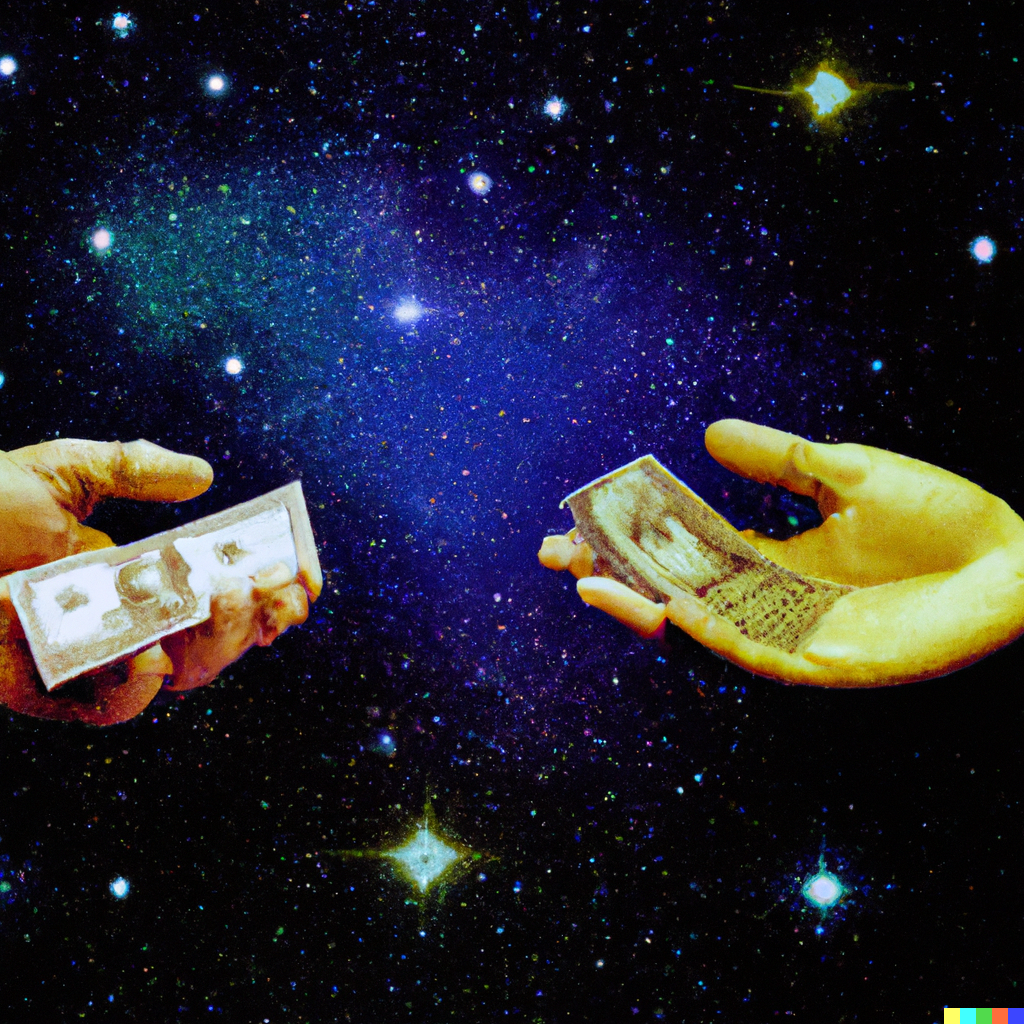Endowment Effect

One of the cognitive biases that I studied during my grad school days is the endowment effect. In general, the endowment effect refers to a situation where people tend to value something they already have more than something that they don’t, even when it there is no rational reason to do so. This cognitive bias arises from the idea that we often tend to become emotionally attached to things that we already own, and as a result, may place a higher value on those items.
For example, in one study, participants were given a coffee mug as a gift. When asked how much they would be willing to sell the mug for, they demanded a price that was, on average, twice as high as what other participants were willing to pay to buy the same mug. This suggests that ownership of the mug led to an increase in perceived value. Another example I witnessed was that of an experiment that involved real monetary endowment. People were given money upfront and were asked how much they were willing to bet on getting more money or losing what they already had. A considerable percentage chose to stick with the endowment they had rather than making a bet that’d potentially make them lose the endowment they already had.
